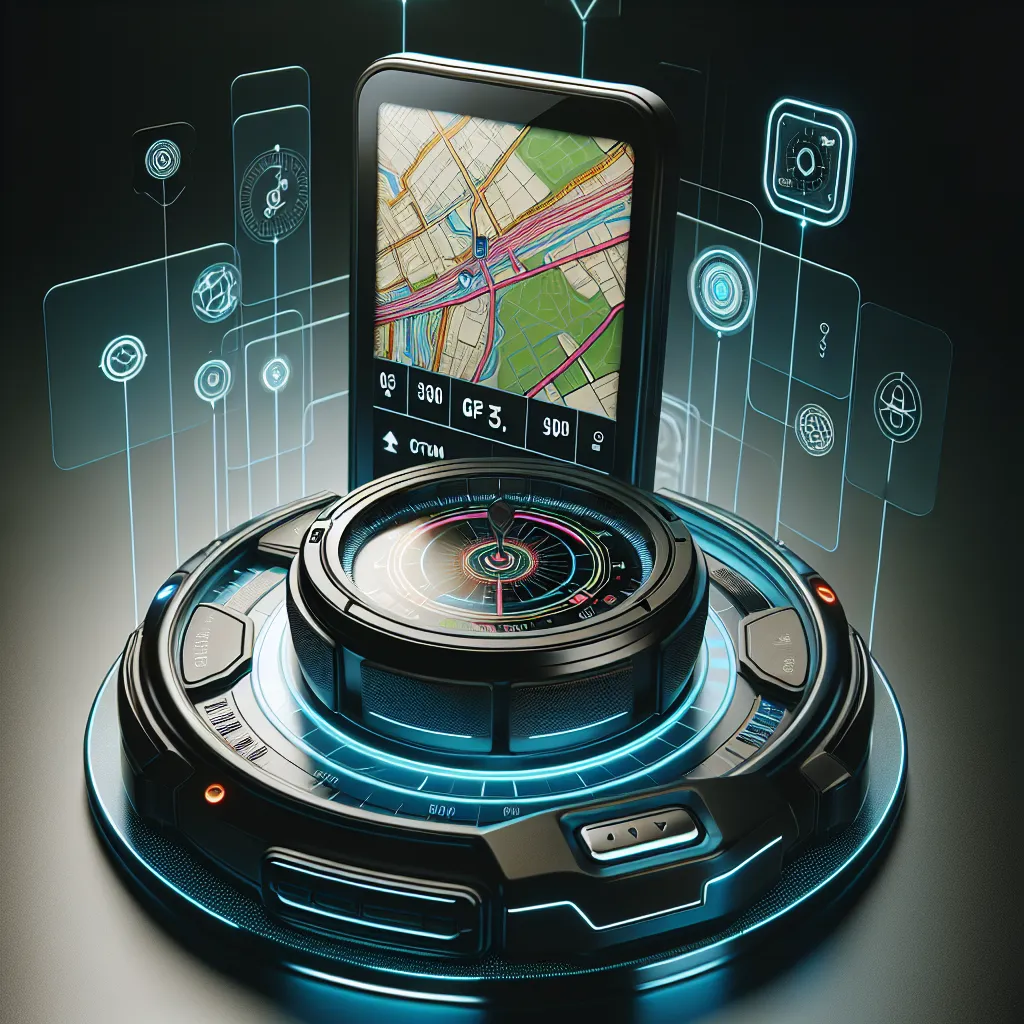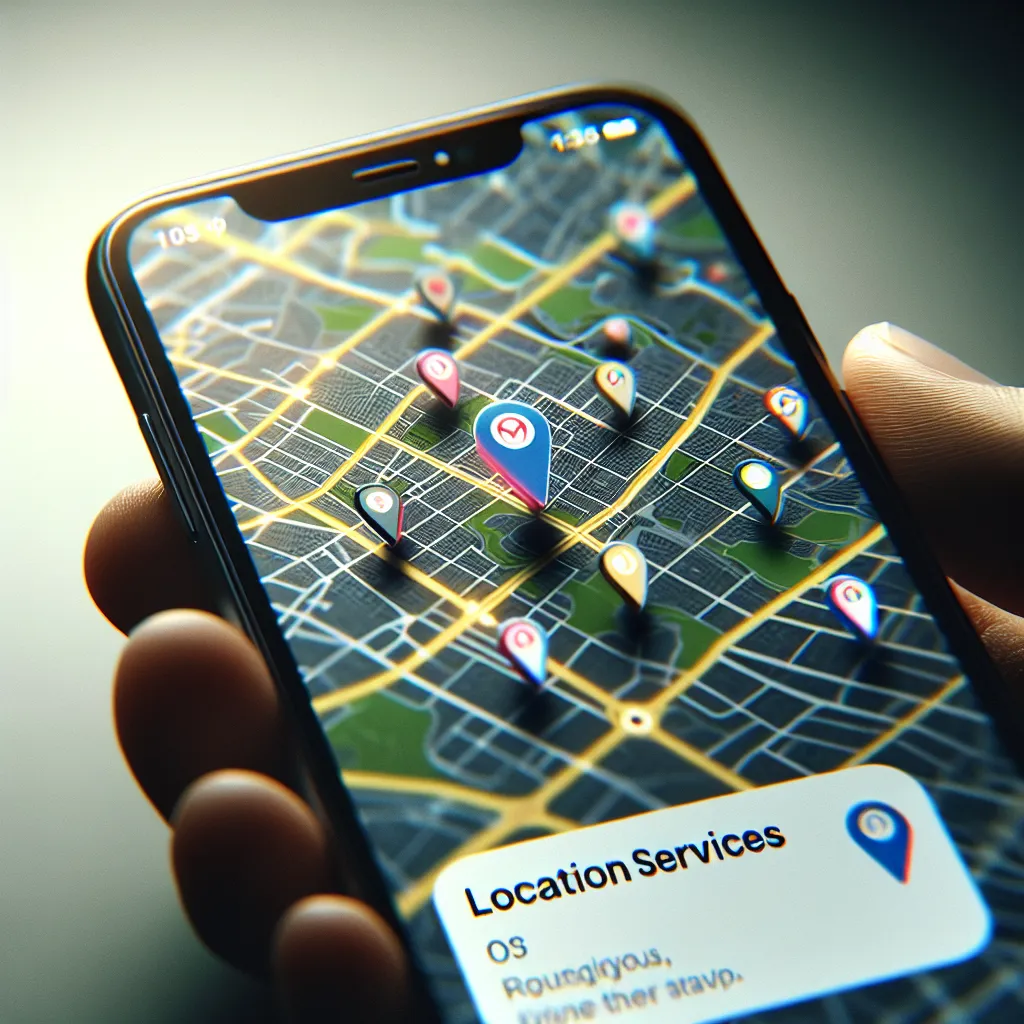The Evolution of GPS Technology: From Maps to Real-Time Tracking
GPS tracking technology has come a long way since its inception, evolving from basic map-based systems to real-time tracking with a plethora of innovative applications. Originally developed for military purposes, GPS technology has rapidly expanded into various commercial and consumer domains, revolutionizing the way we navigate and track assets.
The early forms of GPS technology were primarily focused on providing static maps and point-to-point navigation. However, with advancements in satellite and receiver technology, real-time tracking has become a cornerstone of modern GPS systems. This evolution has enabled businesses and individuals to monitor assets, vehicles, and even individuals in real-time, opening up a wide range of applications.
Real-time GPS tracking is now being utilized in fleet management to optimize routes, improve fuel efficiency, and enhance overall operational efficiency. In addition, it has found its way into various industries such as logistics, transportation, and even personal safety, offering precise location data and insights that were previously unattainable.
Furthermore, the integration of real-time GPS tracking with Internet of Things (IoT) devices has given rise to smart, connected systems that can automatically adjust based on location data. This seamless integration has enabled businesses to automate processes, improve response times, and enhance the overall customer experience.
As the technology continues to advance, the future of GPS tracking holds even more promising innovations, from enhanced accuracy and precision to applications in autonomous vehicles and augmented reality. With continuous research and development, GPS tracking is poised to redefine the way we interact with the world around us, offering endless possibilities for technological integration and real-world applications.
Advancements in GPS Tracking: Enhancing Accuracy and Reliability
Advancements in GPS tracking technology have led to significant improvements in accuracy and reliability, revolutionizing the way we track and monitor assets, vehicles, and even people. One of the most notable innovations in the field of GPS tracking is the development of high-precision positioning systems that offer centimeter-level accuracy. This level of precision opens up new possibilities for applications in industries such as agriculture, construction, and transportation.
Furthermore, advancements in inertial navigation systems (INS) and sensor fusion technologies have enhanced the reliability of GPS tracking, especially in urban environments and areas with limited satellite visibility. By integrating data from gyroscopes, accelerometers, and magnetometers, GPS tracking systems can now provide uninterrupted and seamless tracking, ensuring continuous monitoring even in challenging conditions.
In addition to improved accuracy and reliability, the future of GPS tracking also involves the integration of real-time data analytics and machine learning algorithms. These advancements enable predictive maintenance, intelligent routing, and proactive decision-making based on the insights derived from GPS tracking data. As a result, businesses can optimize their operations, reduce costs, and improve efficiency by leveraging the power of advanced GPS tracking technologies.
As GPS tracking continues to evolve, we can expect further enhancements in accuracy, reliability, and advanced functionalities, paving the way for new applications in areas such as autonomous vehicles, drone delivery systems, and personalized location-based services. The future of GPS tracking is undoubtedly promising, with innovations driving the technology towards greater precision and ubiquitous reliability.
The Impact of GPS Innovations on Industries and Everyday Life
The future of GPS tracking holds tremendous potential to revolutionize industries and everyday life. The impact of GPS innovations on various sectors such as transportation, logistics, agriculture, and emergency services is substantial. In transportation, advanced GPS tracking systems enable more efficient route planning, fuel consumption optimization, and real-time vehicle monitoring, leading to cost savings and reduced environmental impact. Similarly, in logistics, GPS innovations facilitate streamlined supply chain management, inventory tracking, and delivery optimization, enhancing productivity and customer satisfaction.
Moreover, in agriculture, precision GPS technology empowers farmers to make data-driven decisions regarding planting, irrigation, and harvesting, thereby increasing crop yields and sustainability. Emergency services also benefit greatly from GPS advancements, as location tracking and navigation tools improve response times and save lives. Beyond industries, the widespread integration of GPS tracking into everyday devices has reshaped how people navigate, communicate, and access information, fostering convenience and connectivity.
Overall, the continuous evolution of GPS technology is poised to bring about transformative changes across diverse sectors and enhance the quality of life for individuals worldwide.




